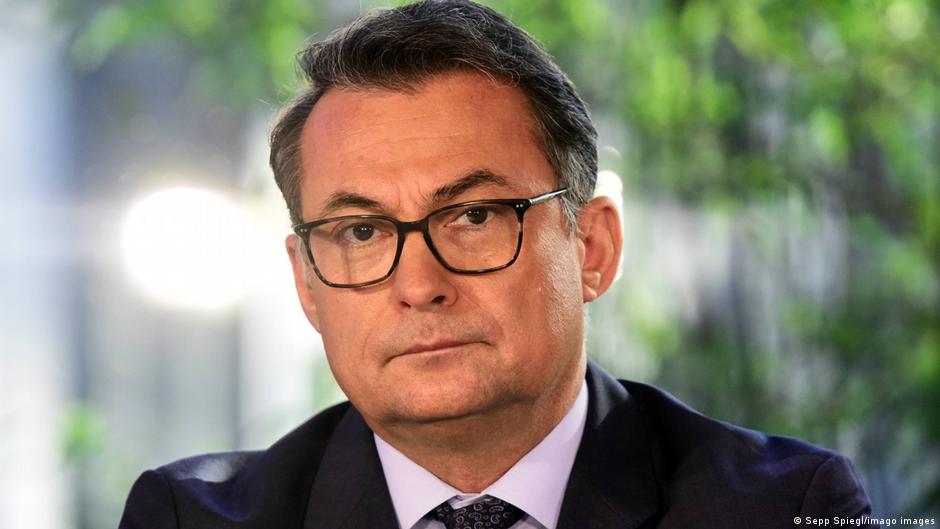Digital money and the accompanying infrastructure can be an important supplement to the current payment options, said Bundesbank president Joachim Nagel during a meeting of bankers in Frankfurt, with the explanation that the digital euro can reduce risks and dependence in international payment transactions.
“That’s why I advocate that the euro system should actively deal with the transformation of money and continue to examine the possibility of using digital money in the central bank,” Nagel said, noting that “the introduction of a new form of national currency for the digital world, that is, central bank digital money, would was a new step in the development of state currency after coins and banknotes”.
Planners in the Eurozone are already examining the introduction of a digital version of the euro, and last July the European Central Bank (ECB) decided to speed up preparations and begin a two-year phase, in which the technology and data protection that go with the introduction of the digital euro will be examined.
The ECB, however, stresses that the digital euro would only complement and not replace cash.

ECB Governing Council member Fabio Panetta stated at the Bundesbank meeting that the aim of the digital euro project is to provide an anchor for the stability of the monetary and payment system.
“We want to ensure that central bank money remains generally available and can be used everywhere in the eurozone for everyday transactions, not only in physical form, but also as digital money,” Panetta concluded.
Engagement on the digital euro project is not a unique case, as other banks are also exploring the possibility of digital versions of conventional currencies.
According to experts, this is the answer to the sudden increase in the popularity of cryptocurrencies, with the fact that, unlike bitcoin, the digital euro would be under the supervision of a central bank that takes care of its stability.